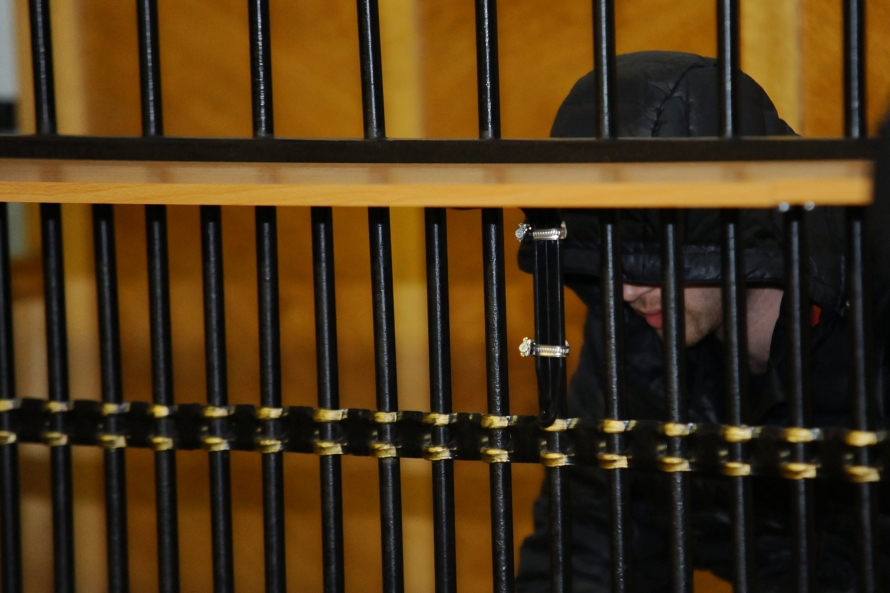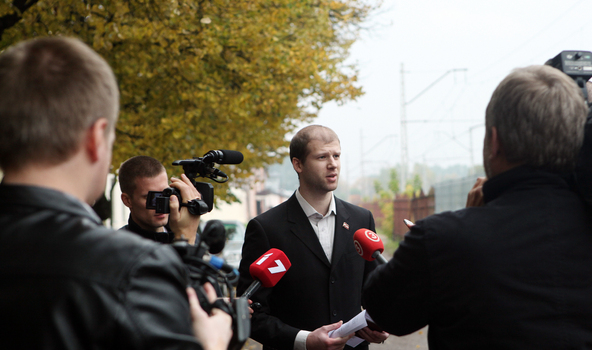As reported, in July the ECHR ruled that Latvia must pay €5000 in moral damages to Čalovskis for his unwarranted placement in a metal-barred cage as a security measure during the trial, as well as for an excessively long jail term.
The government ruled Tuesday behind closed doors not to appeal this part of the ECHR verdict.
As Kristīne Līce, the state’s representative to human rights institutions told BNS, the case now has three possible outcomes. If Čalovskis’ legal team does not submit their appeal to the ECHR’s Great Chamber by October 24, the verdict will enter into effect immediately upon that date. At that point it will become possible to extradite Čalovskis to the US.
However, in the event an appeal is submitted, as promised Tuesday by attorney Ilona Bulgakova, the Great Chamber has no deadline by which to hear the case and rule on whether or not to pass it on to the seventeen ECHR judges for further hearings. Thus the verdict would be suspended from entering into effect until a new decision is taken.
If the appeal is rejected the ECHR notifies both sides of the date it shall determine for the verdict to become effective. However, if it rules to push the case further through the court, the verdict again will be suspended until it is considered in its final hearing.
However, in the same ruling the court did not overturn Latvia’s intention to extradite the accused ‘hacker of Imanta’ to the US, which the ECHR judges did not deem to be a risk to his human rights. The ECHR rejected the argument that he could be subjected to torture and an incommensurate prison term if handed over to US law enforcement authorities. If neither side contests the ruling, the extradition would then proceed as it entered effect.
Latvia agreed last August to extradite the programmer to the United States to stand trial for his alleged role in a global cyber-theft ring that is believed by US investigators to have broken into a million computers worldwide, 40,000 of which were said to be in the US, including 190 at the US space agency NASA.
In August 2012 a Manhattan federal court filed the charges against Čalovskis, 28, and two other Europeans for their alleged cyber-profiteering scheme.
Prosecutors say the scam unfolded between 2005 and March 2012 and that the virus was "virtually undetectable in the computers it infected." First, it was implanted in computers across Europe "on a vast scale," then around 2010 it spread to the United States, the indictment said.
Fellow suspects, Russian Nikita Kuzmin and Romanian Mihai Ionut Paunescu, are already in US custody.
They caused "millions in losses by, among other things, stealing online banking credentials", according to the US federal prosecutor's office.
Calovskis, alias "Miami", was arrested in Latvia in November 2012 and charged with writing some of the computer code in the Gozi Virus.
He is suspected of using his expertise in programming to create "web injects", a code that alters how banking websites appear on infected computers, prompting victims to reveal personal information.
Prosecutors say the sophisticated scam unfolded between 2005 and March 2012.




























